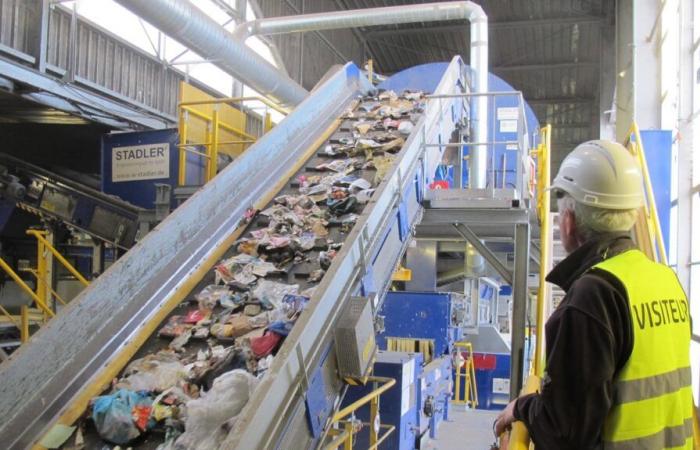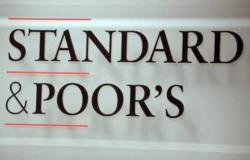
Is Indre on the way to becoming a sorting model in Centre-Val de Loire? With 87.71 kg of waste sorted per inhabitant in 2023, it far exceeds the regional (75.5 kg) and national (72 kg) average. Behind this flattering figure lies a growing mobilization of residents and communities.
“At the regional level, only 10% of territories have taken the plunge”
Since the end of 2022, a large number of communities have embraced the extension of sorting instructions: all packaging and paper can now be thrown into the yellow bin. “A simplification that has revolutionized sorting habits”explains Frédéric Quintart, regional director of the eco-organization Citeo: “Trays, pots and plastic films, long excluded from sorting, are now collected. Large volumes which finally enter the right recycling channels. »
With 70% of the population affected from 2022, Indre increased to 100% in 2023. The department also benefited from work on its only sorting center, that of Sytom in Poinçonnet. However, the 2023 data was slightly biased by these renovations which required a total closure of the site for a few months. Many wastes had to be stored or processed elsewhere. Thus, while Indre has the best sorting performance in the region, it recorded the most significant drop (- 6%). A situation which should significantly improve in 2024.
The carrot of incentive pricing
One of the key levers for reducing household waste remains the implementation of incentive pricing, where users pay according to the quantity of residual waste produced. In the south of Indre, Symctom du Blanc will be the first to adopt this measure from 2026. “We observe a 30 to 50% reduction in residual waste in communities that switch to this system. At the regional level, only 10% of territories have taken the plunge”assure Frédéric Quintart.
To maintain and improve its results, Indre will have to continue to develop this lever and invest. Citeo financially supports local authorities, whether for the additional addition of voluntary drop-off points or the replacement of bins. In 2022, €44 million was distributed regionally. In 2023, the department recycled 15,900 tonnes of household packaging and 4,500 tonnes of paper.
Indre therefore has reason to be proud, but must not relax its efforts.
Good sorting actions
Certainly sorting is simplified. But Citeo warns of errors that sometimes have serious consequences for the future of the collection.
> Avoid nesting waste. Users are invited to put their packaging “in bulk” in the trash can or the yellow bag. Nested waste (papers in a yogurt pot, for example) risks distorting the markings of the sorting machines and generating errors.
> Do not wash waste. This precaution is unnecessary. On the other hand, it is imperative to empty the pots and boxes of food scraps otherwise there is a risk of polluting the entire collection on the chain and making it unsuitable for recycling. Such errors can be costly for municipalities, which pay a tax for each tonne of non-recyclable waste buried. From 41 euros in 2019, it is now at 61 euros and will reach 65 euros in 2025.





